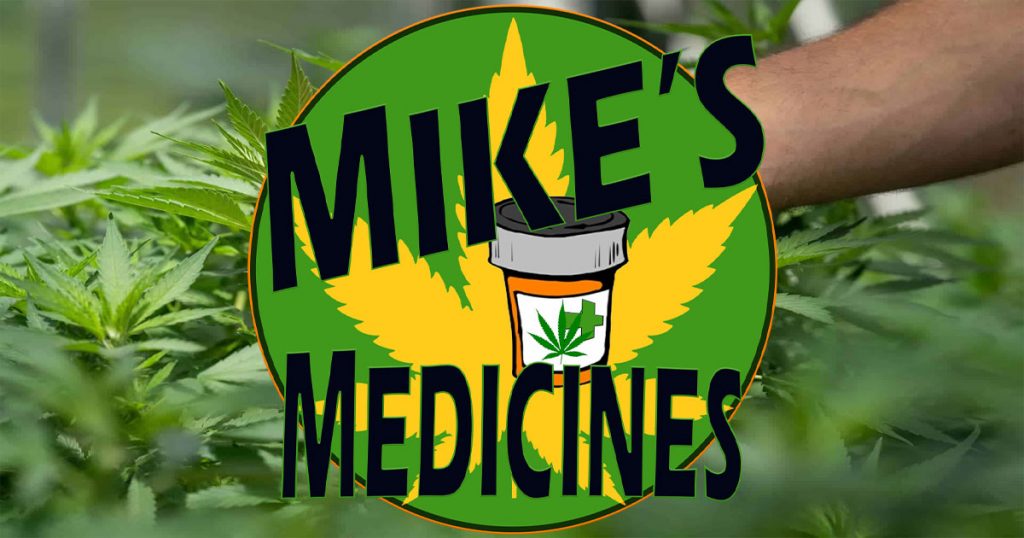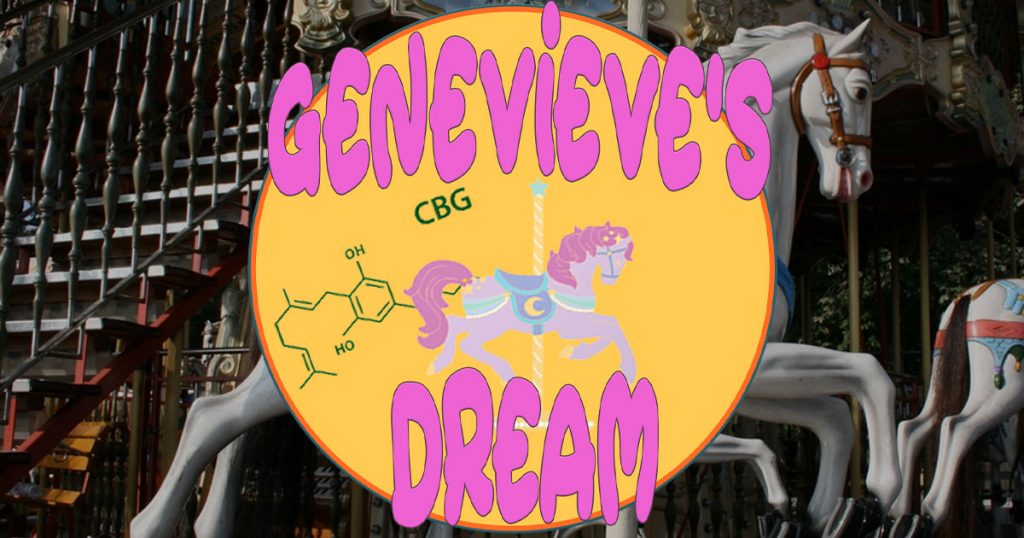Since Cannabinoids took over for opioids to treat pain and after quitting those dangerous pharmaceuticals that were used for so long there are new hurdles to jump over or crawl under...
What Is A Protracted Withdrawal?
Post-acute withdrawal syndrome (PAWS), also known as chronic or protracted withdrawal, encompasses a variety of symptoms that range from annoying to debilitating. They continue after acute withdrawal from stopping prescription/other drugs or alcohol use has ceased. Depending on the substance used and especially for how long – these symptoms can hang on for quite a long period of time causing discomfort and frustration which can and does lead to relapse for a percentage that attempts to quit substances. Understanding these symptoms and how to treat them is essential to moving forward in recovery and preventing a relapse.

WHAT IS THE DIFFERENCE BETWEEN ACUTE WITHDRAWAL AND PAWS?
When a person consumes any type of drug or alcohol for a period of time, their brain chemistry changes to accommodate the presence of the substance. When the individual stops using the substance, the brain once again has to re-calibrate its chemistry to adjust to the change back to operating without it. This causes the physical withdrawal symptoms many are knowledgeable about.
Acute withdrawal (AW), normally just called withdrawal, is a term used to describe the uncomfortable physical symptoms associated with stopping the use of drugs or alcohol. As acute withdrawal diminishes, your body and brain will begin to function normally. However, some individuals continue to have these and other symptoms long after acute withdrawal is over. The period of time that an individual suffers symptoms after AW is finished is known as post-acute withdrawal syndrome or PAWS. It commonly affects users who have stopped using alcohol, benzodiazepines, opioids, antidepressants, and anti-psychotics, but it may affect users of other types of drugs as well.

HOW COME MY DOCTOR DIDN'T TELL OR WARN ME ABOUT PAWS?
Excellent question that doctors should be held accountable to answer – especially if they are or have a history of prescribing Opioids. Thankfully my doctor is one that does pay attention and supplied me with the baseline knowledge on much of the information that I’m sharing now. With the emergence of naturally therapeutic herbal remedies like Cannabis, many are quitting the use of pharmaceuticals – the number of PAWS diagnostics is on the rise with a healthcare system unprepared to adequately treat the multitudes experiencing this syndrome. The necessity for the populous to be educated on this subject has become immense.
HOW LONG DOES ACUTE WITHDRAWAL AND PAWS LAST?
Just how long a person experiences withdrawal symptoms depends on the type of substance, how long it was used, in what amounts, and what manner it was used, along with other individual physical and medical factors. However, there are some average time frames for the duration of withdrawal symptoms – both acute and post-acute. Examples: Alcohol 4-7 days of acute withdrawal (AW) but with PAWS lasting generally up to 2 years or more with sleep disturbances noted for most. Opioids, Benzodiazepines, Street Drugs, and even over-the-counter products (excessively used for long periods of time) have been reported to cause PAWS. Any type of substance over a period of years can change the brain’s chemistry – but alcohol and drugs are without a doubt the leaders.
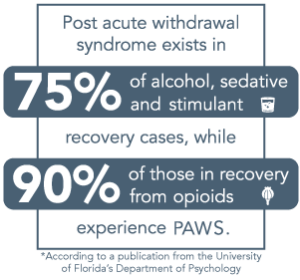
WHAT ARE THE SYMPTOMS OF POST-ACUTE WITHDRAWAL SYNDROME?
While the symptoms of post-acute withdrawal can vary from individual to individual, there are some common symptoms that occur most frequently. Some of these include:
- *Cravings for drugs or alcohol *Irritability *Depression or anxiety *Sleep problems *Reduced libido *Reduced ability to enjoy things or feel pleasure *Short-term memory issues *Chronic fatigue *Difficulties focusing *Difficulty making decisions *Decreased control of executive functions *Physical issues, like aches and pains that are not attributed to a specific cause
- These symptoms will eventually subside, but it’s easy to become upset, lonely, depressed, and very frustrated in the meantime. That frustration, along with the discomfort of the symptoms, is known to be a cause for relapse. That’s why it is extremely important that you learn to deal with the symptoms of PAWS and find a way to talk about them in order to prevent relapse and remain drug or alcohol-free.
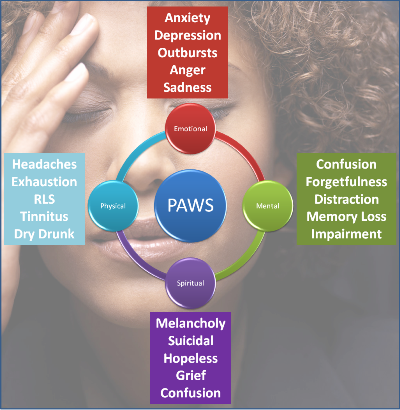
HOW TO DEAL WITH THE SYMPTOMS OF PAWS
If you are feeling overwhelmed with the symptoms of PAWS, it’s understandable as it’s hard to deal with. After cleaning unwanted substances from your body and starting the long journey toward recovery, it probably feels intimidating to have to deal with yet another trial in this life-changing process. But, there are some things that you can do to make things a bit less difficult and to alleviate PAWS symptoms.
**Keep the focus on your progress: Look how far you’ve come. Withdrawal symptoms can steer your focus to the negative and quickly. It’s important during this time to focus on the positive progress that you’ve made and continue to make in your recovery – in gaining your freedom back. Remind yourself of where you started when you were seriously needing help, to where you are now, and especially to where you are headed.
**Keep mentally and physically active: It’s easy to shut down and isolate when you are feeling depressed or suffering other symptoms of PAWS. Try to maintain relationships with those people who are supportive of your recovery and take part in activities that you enjoy. Staying active can greatly help minimize psychological withdrawal symptoms.
**Live a healthy lifestyle – Getting enough sleep, eating healthy foods, staying hydrated, and getting at least some exercise daily will help you combat the symptoms of PAWS both physically and especially emotionally which is the hardest aspect of the syndrome.
**Maintain support – Some prefer groups like 12-step programs or other recovery groups. These can be essential for many to avoid relapse – especially when you are feeling post-acute withdrawal symptoms. Often group participants provide members with valuable personal experience and information including coping skills that others have learned during recovery. If you do make the decision to attend inpatient or outpatient treatment, it’s likely that your medical insurance and your municipality offer some type of program as well. Don’t ignore that help if you feel you need it, use what is available to you to help you make it through this period of time as it can get rough.
**Don’t stop your medical and mental health care: Be sure that you see your primary care doctor regularly to inform them of how you are doing with your recovery and withdrawal symptoms. If you are involved in therapy or psychiatric care, continue seeing those medical professionals. The work of recovery doesn’t end when you complete treatment, it’s important to your recovery that you continue to receive care as long as you need it.
**Maintain life’s balance: When you have lived a life (or even a short period) of addiction, it’s easy to try to make up for lost time once it’s over. Too much too quickly can cause problems. Even though you may perceive the changes to be positive ones, attempting to do it all at once can put an enormous amount of stress and pressure on your subconscious. Without even knowing it you could be setting yourself up for a big negative due to overdoing the positive before your body and mind are ready for it. Be careful that you don’t overwhelm yourself.
**Relaxation: To maintain a healthy lifestyle it’s important to take time each day to relax, meditate, or just have some downtime in your new life without substances. It’s okay to not always be on the go. It’s okay to rest your body and mind as long as it needs it – just be careful of too much rest that results in total hibernation that often leads to depression.

MY FINAL THOUGHTS ABOUT PAWS
Battling your way through post-acute withdrawal symptoms isn’t easy, but just like sobriety or bringing an end to prescription drug addiction or era in your life – it is possible. If you are suffering from PAWS, give some of the above techniques a try but remember to be patient with yourself. You can and you will make it through the withdrawal symptoms, it just takes time. Stay focused on what is important, your health and your recovery from addiction, and your desire for a longer more healthy life.
-Mike Robinson, Cannabis Patient and Founder, Global Cannabinoid Research Center. But, most of all, Genevieve’s Daddy
Sign up to receive informative and exciting email updates from Mike's Medicines!
You can sign up for our mail list here:
Didn't find what you are looking for?
Find exactly what you want to when you want it.
Browse through our archives by date, category or by entering a topic in the provided search field.
Archives
Categories
More to come as we have time to add them – there’s 100’s of additional publications!

We’ve made it easy for you to read Mike’s Medicine Blog or visit any of the Menu items right from here. It is that simple! Explore Mikes Medicines by clicking on the button below:
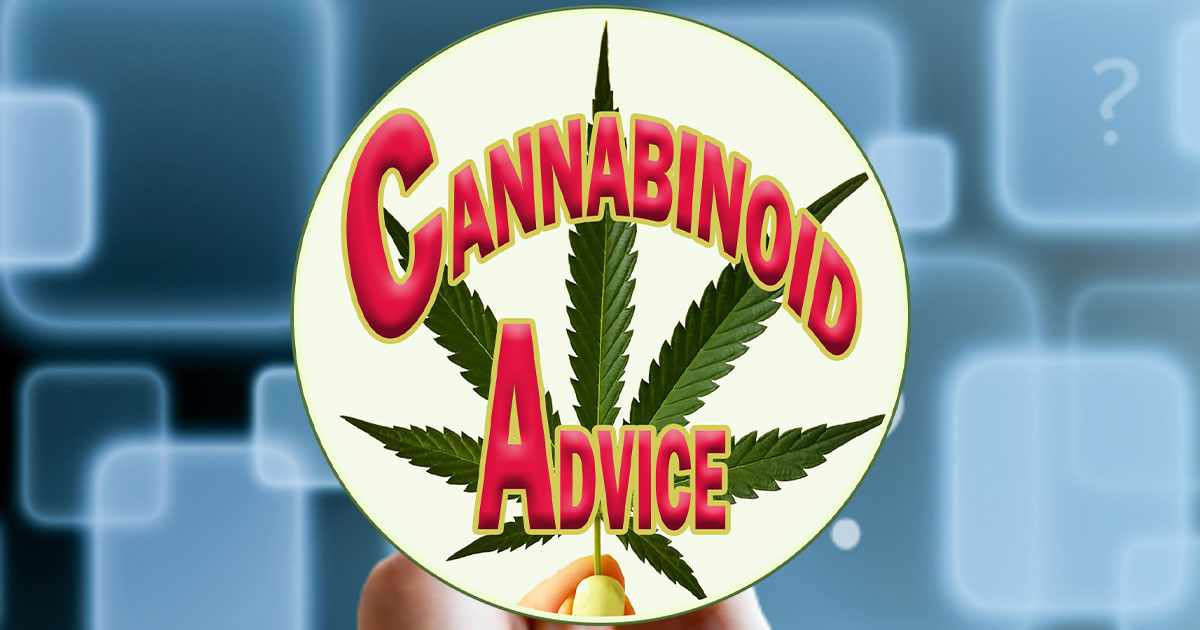
Read about how Cannabis Compassion and love created Mike’s beautiful family, the Cannabis Love Story inspires millions daily:
Genevieve’s Dream is all about her love for the Carousel coupled with her Cannabinoid Medicine journey – read more and make contact if you’re interested in collaborating with Mike!
The Global Cannabinoid Research Center is a trusted source for education, R&D, and more – make contact with us to collaborate.


